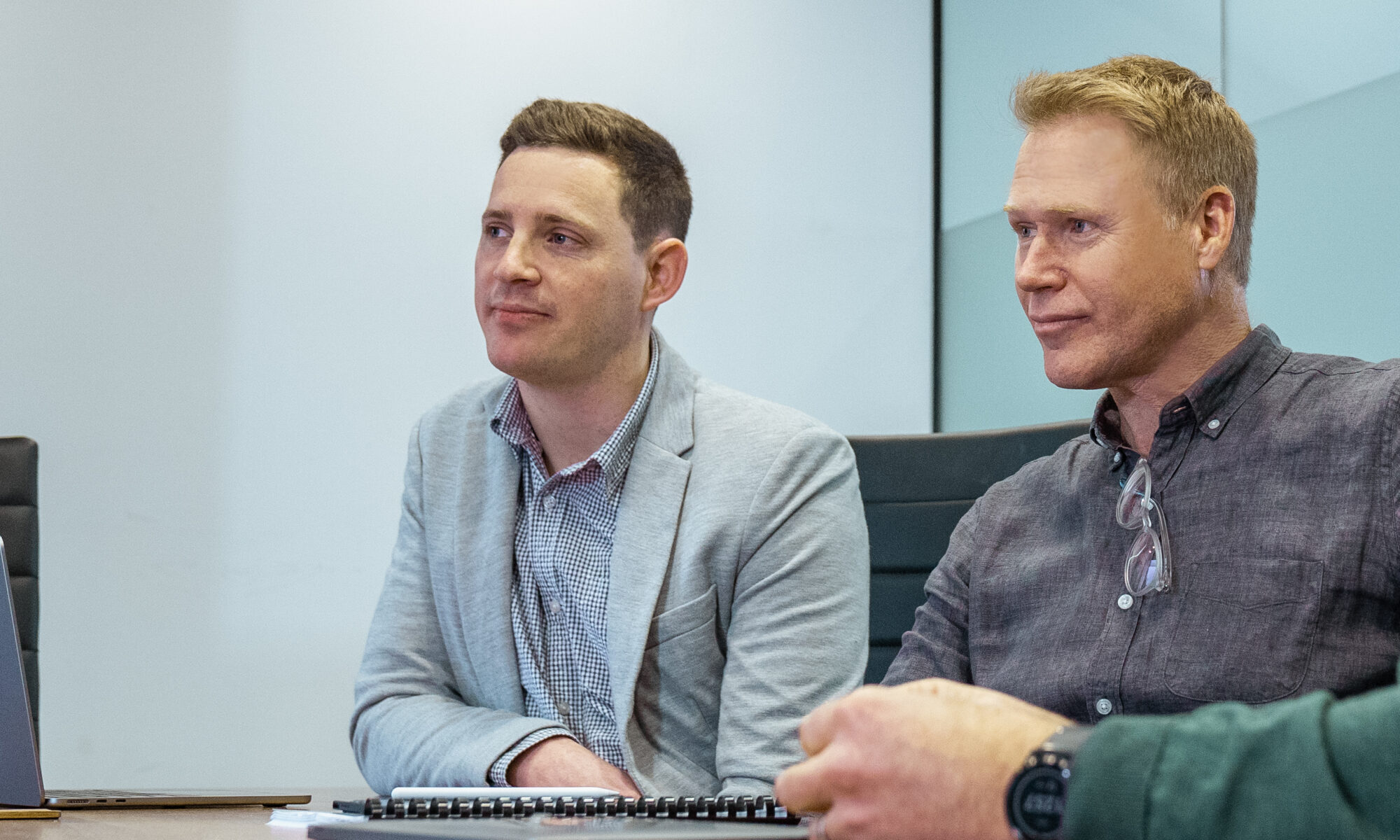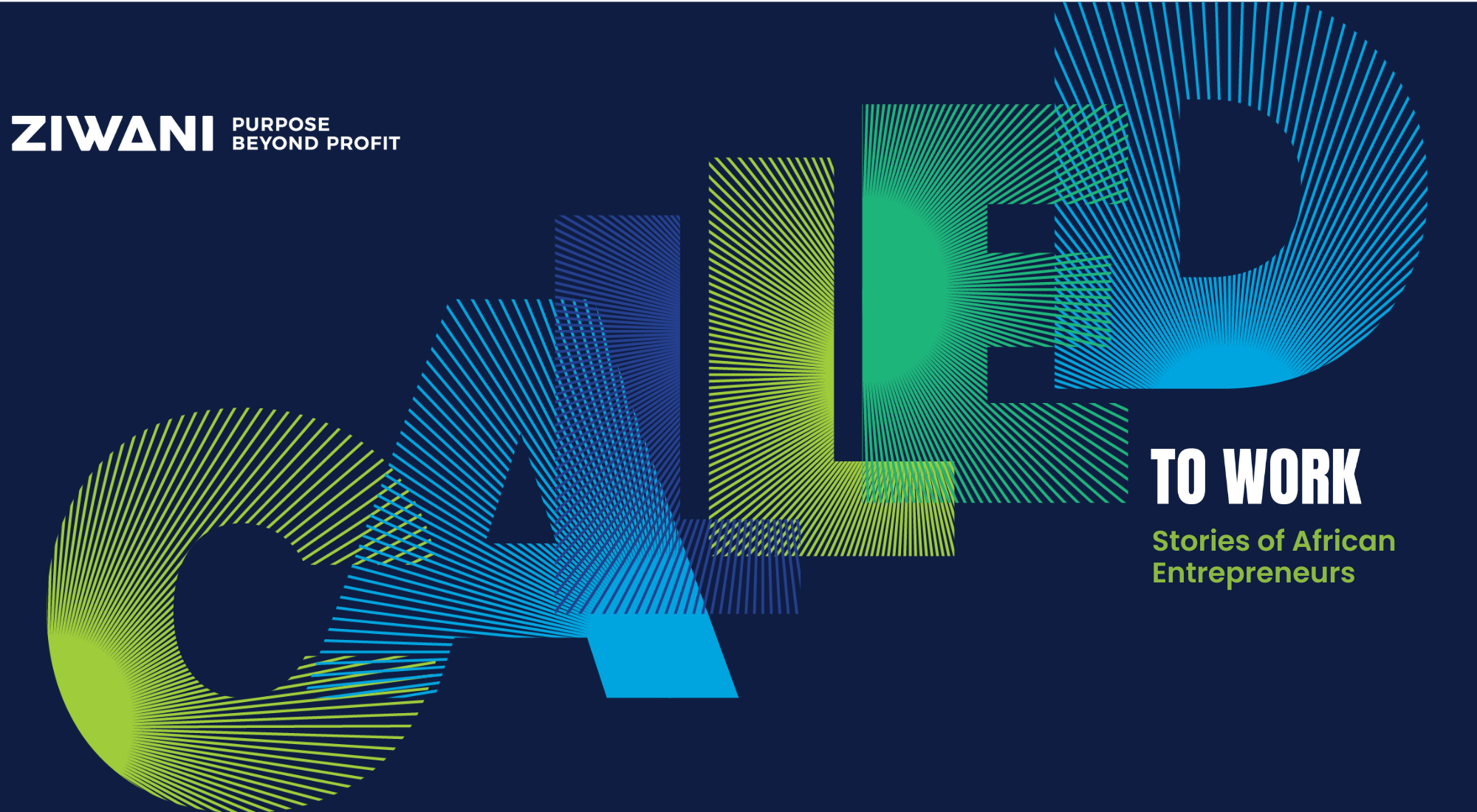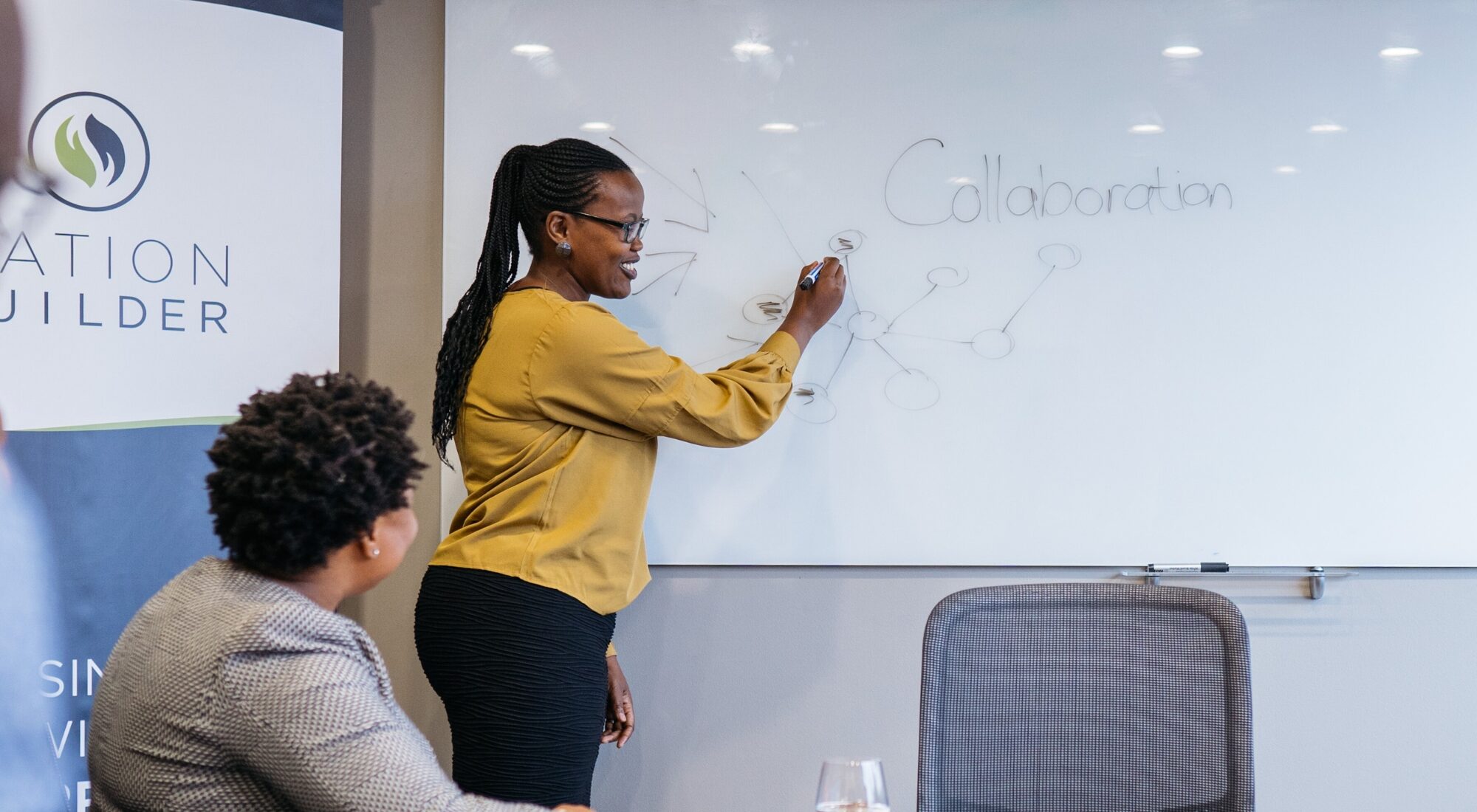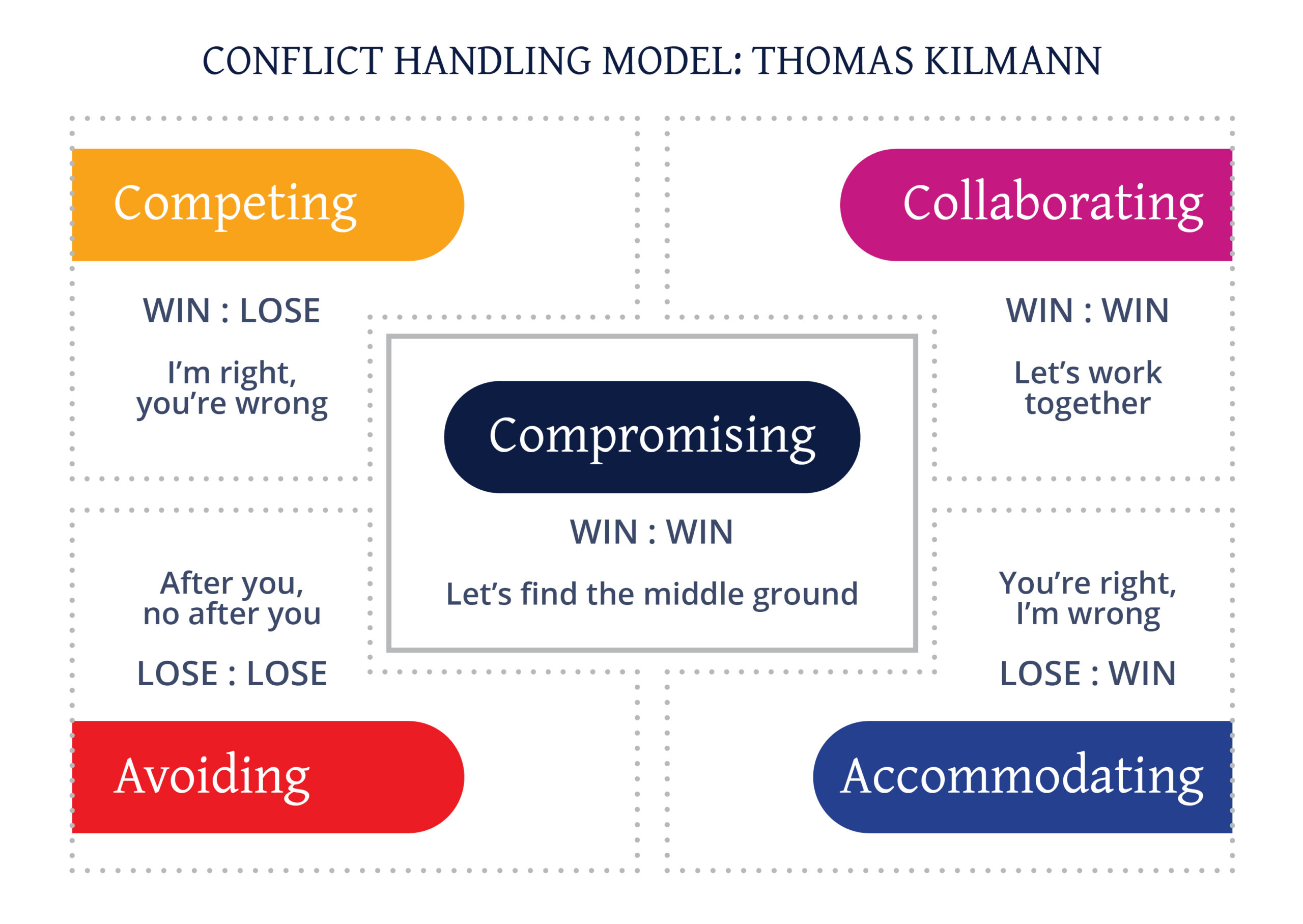‘Have you ever thought about preparing for your future leadership handoff?’ writes head of Mergon Foundation’s Neil Hart in his book, ‘The Magnificent Exit: Mastering the Art of Leadership Transitions’.
Over 11 succinct chapters, he examines the art of leadership handovers: the transition from one senior leader to an upcoming leader or team. A critical juncture in the organisation’s journey, which ideally should be invigorating and propulsive, he argues, is all too often marked by inertia, stagnation, or lack of vision on the part of senior leadership. ‘How can we do this better?’, he asks of us.
Drawing from the scriptures, Neil proposes a biblical pattern for raising leaders, rooted in the example that Christ left for us to follow. Working alongside global leaders across several continents, Neil also gleans insights from their journeys, recognising the individual path each leader takes. ‘There is no one-size-fits-all approach and no instruction manual to leadership transitions,’ he writes, emphasising that leadership is ’more an art than a science.’
With these insights and his own experiences at hand, Neil identifies four core attributes of leaders who have learnt how to foster vision in others and ensure organisational continuity beyond their tenure. Below is a condensed overview of what Neil considers to be:
Four (un)common ways of exiting
1. A vision for the greater good
‘The first uncommon approach I observed in leaders who transition well comes from having a clear vision beyond themselves for leading the organization,’ Neil writes. ‘It’s a vision above the norm of leaders who are generally gifted to see into the growth path of the organization. Critically, these leaders see the organization thriving without themselves in the picture.’
‘Healthy leaders know their role in an organization as part of its ongoing lifespan, with a clear beginning and ending to their involvement. It’s almost as if they’re able to detach their personal value and involvement from the organization’s value and lifespan, seeing themselves as an actor playing an important scene on stage and knowing when to exit so the other actors can carry on without them.’
‘Perhaps your role is to pioneer so that another can come in to settle. Maybe you carry the baton for a season, but you hold it lightly enough to easily pass it to the next leader. Maybe your leadership role is to come in to calm the storms inside and to direct the mission. Once your job is done, do you have another assignment ready? Either way, healthy leaders have a vision beyond themselves for the sake of the organization, its people, and the community.’
2. A prophetic word and timing
‘Wise leaders take time regularly to listen to God,’ Neil continues. ‘They display humility, knowing that the Lord can see from the beginning to the end and is better able to pinpoint the right transitional moment. Many successful transitions are kicked into gear by a prophetic word or a “sense of God’s timing” from a leader who listens to God. Nothing is more effective than a leader hearing from the Lord. God knows how to direct us, and his timing is absolutely perfect.’
He refers to ‘three lights’ that line up when making a big decision. ‘These lights can be likened to a plane coming in to land and needing clear visuals to set down on the runway,’ he explains. They are:
-
-
- The word of the Lord (prophetic, vision, Scripture, etc.)
- The timing of the Lord
- The peace of the Lord
-
‘I’ve found that these three factors may come days or months apart; but to move with just one light missing can mean landing on the edge, or even off the runway, sometimes with disastrous consequences,’ says Neil. ‘I believe that God gives us all three lights when he is ready. I’ve also found that our sense of timing and his are often very different, so we often get this one wrong.
‘Lastly,’ he adds, ‘I’ve learned to rely on the peace of God to rest on a decision before moving, even when the other two lights are already there. Though they come in no particular order, all three are important before action can take place.’
3. A greenhouse for growing people
‘For some rare leaders, growing people is not a means to an end; it is a core focus. These kinds of leaders arrive at a transition mainly because there are so many well-mentored younger leaders around them that it’s impossible to not hand over. And it’s a joy for leaders to do so because of what they’ve invested into the character and competence of others. In an environment where younger leaders are being raised up, the ground for smooth and timely handover is prepared, both in the leader’s heart and mind as well as the team. This is the climate for healthy transitions.’
‘Leaders who grow people speak of the importance of observing possible up-and-coming leaders. They make time for them and open up personal space to be near enough to observe their character rather than just their skill — to watch them in those more subtle moments when they display their humility, or the lack thereof,’ writes Neil.
4. An inbuilt multiplication DNA
‘Those who take this approach are individuals who see leadership as an opportunity to multiply impact,’ he writes. ‘Their position allows for greater facilitation of expansive growth. They take up leadership roles because by doing so they can better foster a philosophy of giving away rather than holding onto power. They create organizations that release power as quickly as most others try to consolidate it. This characteristic of releasing power is highly counterintuitive. In short, multiplication is built into their leadership DNA.’
‘Multiplication DNA leaders think often about when they have to leave, not if they have to leave. They trust that God will send the right people to them who will rise up and exceed their own talents. When they find these people, they put them to work. Intentional about one-on-one leadership training, they pour practical experience into these emerging leaders and cast a vision for a movement rather than an organization.
They seldom go anywhere without taking young leaders with them. They teach by example and make up-and-comings do the work. Often, they’re not leaders you find front and center, but the ones who model, encourage, mentor, equip, and hold others accountable to make the vision practical. Multiplication DNA leaders easily celebrate small victories. They recognize and reward behavior because they know that if they do this, it will be repeated. These leaders are secure in their identities: they know who they are and what they are called to achieve.’
‘You may find yourself in one of these four approaches to transition or a combination of them,’ says Neil. ‘Your outlook is what matters. How you view the transition before you get there will ensure a successful transition.’ He suggests asking yourself some questions:
-
- Can I see the future of this organization without me? Does it look healthy? If not, what do I need to do now to ensure that future health?
- Has the Lord spoken to me anything about handing over that I haven’t fully paid attention to? Am I paying careful and regular attention to what the Lord is saying to me about transition?
- Am I growing younger leaders around me? Can I envisage them taking over and even doing a better job? What do I need to do to get them to that point?
- Am I cultivating an inbuilt DNA of multiplication? Can I see one leader and one organization becoming ten leaders and ten organizations? What will it take to move from addition to multiplication of impact?
‘Wise leaders envisage a future organization without them leading it. They do this near the earliest stages of their leadership and implement whatever is necessary to make it a reality.’
If you would like to read more about raising up leaders and mastering the art of leadership transitions, order your copy here.






